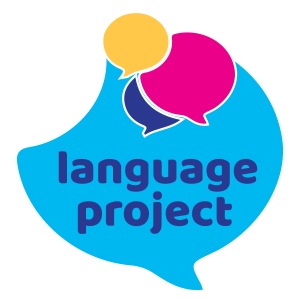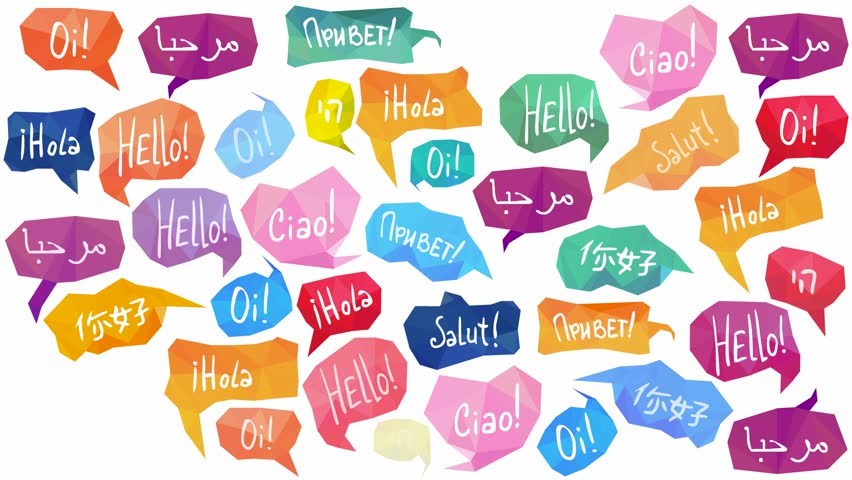How can I find the exact translation of what I am trying to say in the foreign language? The question which opens the great gates of the dark infinite abyss swallowing all who are unable to find the answer. Exact and immediate translation of words, and then phrases, and then sentences and then whole paragraphs, has always been the bright beacon of hope for all foreign language learners trying not to get lost into the unknown.
However, as paradox as it may seem, obsession with word by word translation can only work as a damaged compass on your way out of this foreign language mess.
Here are some powerful tools to guide you and keep you out of the dark.
- The Peanut Butter Case
When you start to learn a new language, you must keep in mind that you are about to immerse into an entire new culture and version of reality. All languages express various circumstances of life as felt by their native speakers. More often than not, this expression of reality is not conducted in the same way as in your native language.
This, basically means, that even if you find the right equivalent of the word that you are looking for, either as you translate from or to the foreign language, the result you are going to come up with will leave you at least unsatisfied.
So, unless you are familiar with the American breakfast routine, do not fret over translating the word “peanut butter”, as long as you understand that it is a yummy delicacy spread on slice of bread as breakfast. That’s all!
- Technology is our friend!
Another extremely practical and useful way to avoid relentless everyday word by word translation is simply by changing the language of your gadgets to your target language. Starting from your mobile phone, your computer, your tablet as well as every other electronic device you use in your daily life.
Almost half of the words you will see translated, probably you will have already learned. All the others will be easy for you to guess by their symbols and the functions they lead to. Not only will you learn a lot more new words in the new language but you will also learn valuable key phrases the way they are used in that language, without creating them yourself by translating each word and then uniting them.
Which leads us to…
- The Magic World of Collocations!
From the first contact with any target foreign language, as a learner, you should remember that this is a Foreign Language, which actually means that the structure, grammar and combination of words is probably NOT the same, or even similar to your native one.
Word by word translation will lead to subtle, yet not so subtle mistakes, of a greek student, for example saying “take a decision” instead of “making the decision”. While this kind of mistake does not inhibit understanding, it certainly blocks fluency and fine grasp of the new language.
Hold on to your highlighters then, and highlight away every single phrase expressed in a specific way into the new language. Your brain will definitely hold on to it in time and will avoid translation as it won’t be necessary.
- Read, read, read!
Seek your new language everywhere. If you are lucky and it is a common one, then chances are you will find it in front of you, in restaurant menus, gadget manuals, signs and of course Internet websites. If it is not that common, you will go through the trouble of searching a bit more but still you will find valuable sources in that language as well, like magazines, books and of course this great tool of our era, the Internet.
Try to find texts that you would like to read in your native language as well, like articles related to your hobbies, small books of the kind of literature that you prefer and of course, never forget reading the lyrics of songs in that language.
The percentage of your understanding will definitely start from low and trust me, it will keep on growing at a fast pace. Just don’t quit! Don’t be discouraged! No language learner ever understands every little thing from the beginning! Embrace this feeling and keep on trying it anyway! The need for translation will eventually fade away…

